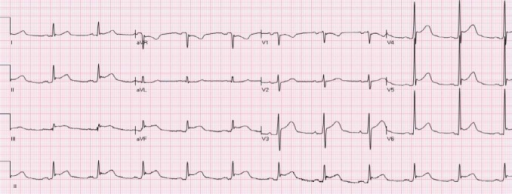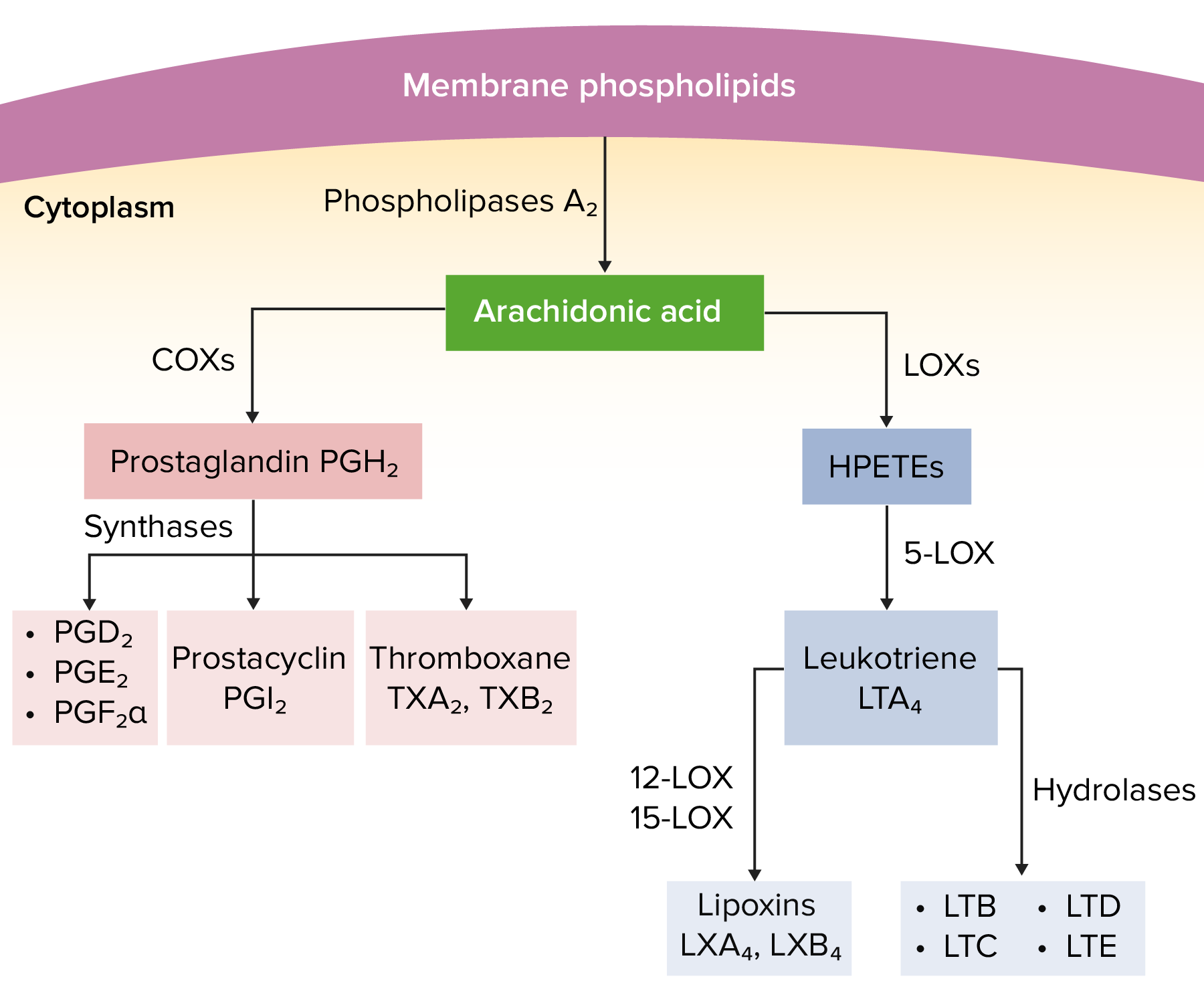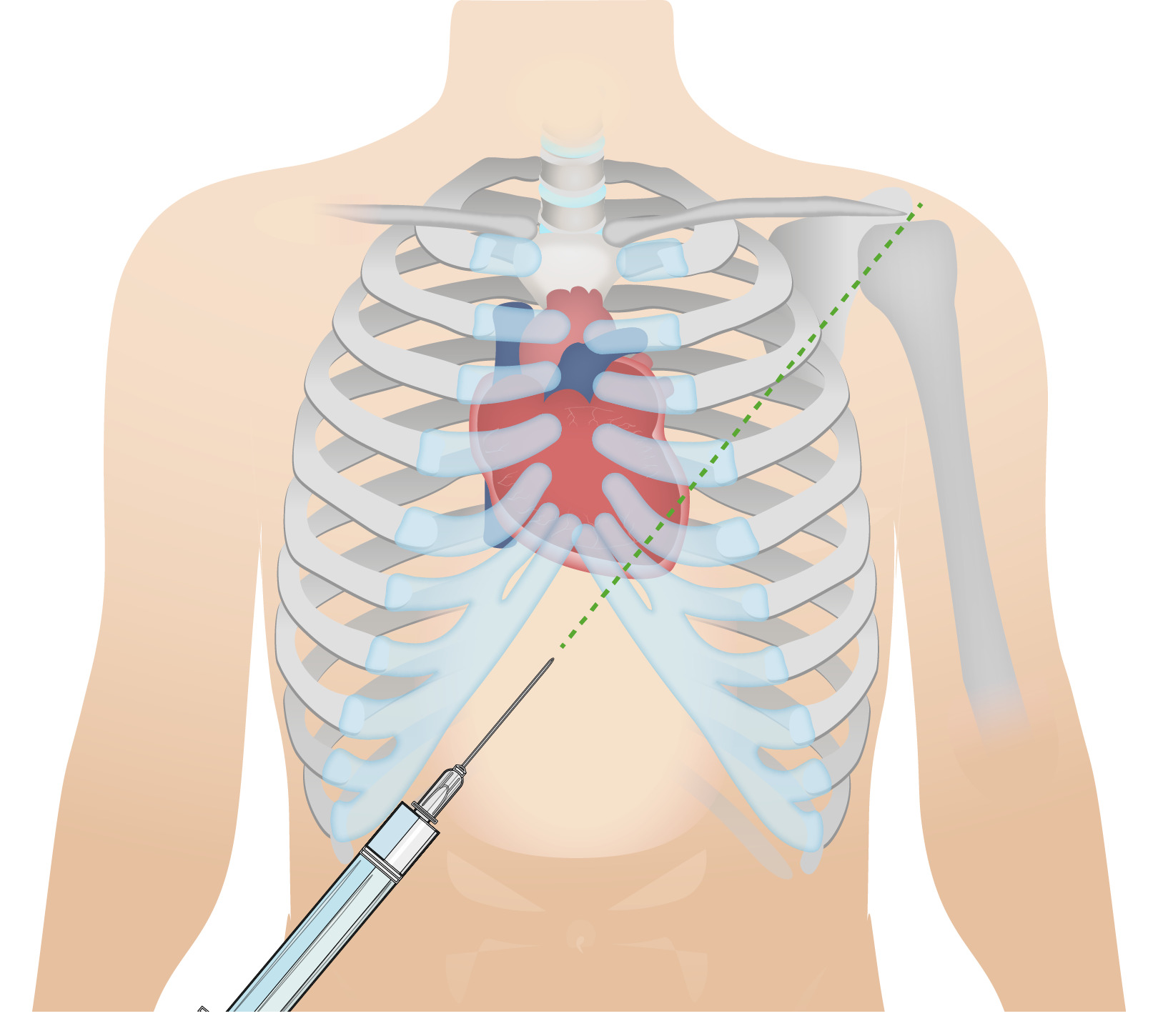Playlist
Show Playlist
Hide Playlist
Acute Pericarditis: Treatment
-
Slides Disease of Acute Pericarditis.pdf
-
Download Lecture Overview
00:00 Treatment, what do you wanna do? Underlying cause if identifiable. If you’re able to identify. 00:05 Is that an autoimmune disease? No. Is it a viral? They should. So on and so forth. 00:10 Treatment for the symptom is, well, anti-inflammatory. Think of NSAIDs. 00:17 Now, colchicine could be, could be added as first line for the regimen. 00:22 Okay, and for the most part that you’re looking at. Well, there’s already a lot of pain taking place. 00:26 And lot of that, think about that for second please. An acute pericarditis, which is an acute. 00:30 In which could be an acute top of inflammation. Then, what kind of cells is responsible for acute inflammation? And you will correctly told me? Neutrophils. Good. 00:41 And colchicine, as soon as you colchicine you thinking gout. Pain where? In the toe. 00:48 So what’s the common denominator between the two conditions? Pain, pain. Gout, pain, big toe, podagra. Where? Pain, where? Here, acute pericarditis. How’s the pain being caused? The neutrophil coming in releasing cytokines. 01:03 Colchicine does what please? Colchicine is gonna commend their and it will inhibit the mobility of your cilia. 01:09 So neutrophils cannot come in. And perhaps, perhaps, could result in diminishment of some of that pain. 01:14 Clear? Interesting concept. 01:16 But, you know the scientific profile colchicine is quite decimal. 01:22 Steroids, usually not part of the treatment of acute. Because it could actually be part of the cause for potential recurrent pericarditis. 01:31 So, you wanna stick more along lines of NSAIDs and also high dose aspirin? And pericardiectomy for recurrent disease? Some point you need to go in there and deal with this.
About the Lecture
The lecture Acute Pericarditis: Treatment by Carlo Raj, MD is from the course Pericardial Disease: Basic Principles with Carlo Raj.
Included Quiz Questions
Which of the following is NOT usually indicated in the management of acute or recurrent pericarditis?
- Steroids
- Indomethacin
- Colchicine
- Aspirin
- Pericardiotomy
Customer reviews
5,0 of 5 stars
| 5 Stars |
|
5 |
| 4 Stars |
|
0 |
| 3 Stars |
|
0 |
| 2 Stars |
|
0 |
| 1 Star |
|
0 |






